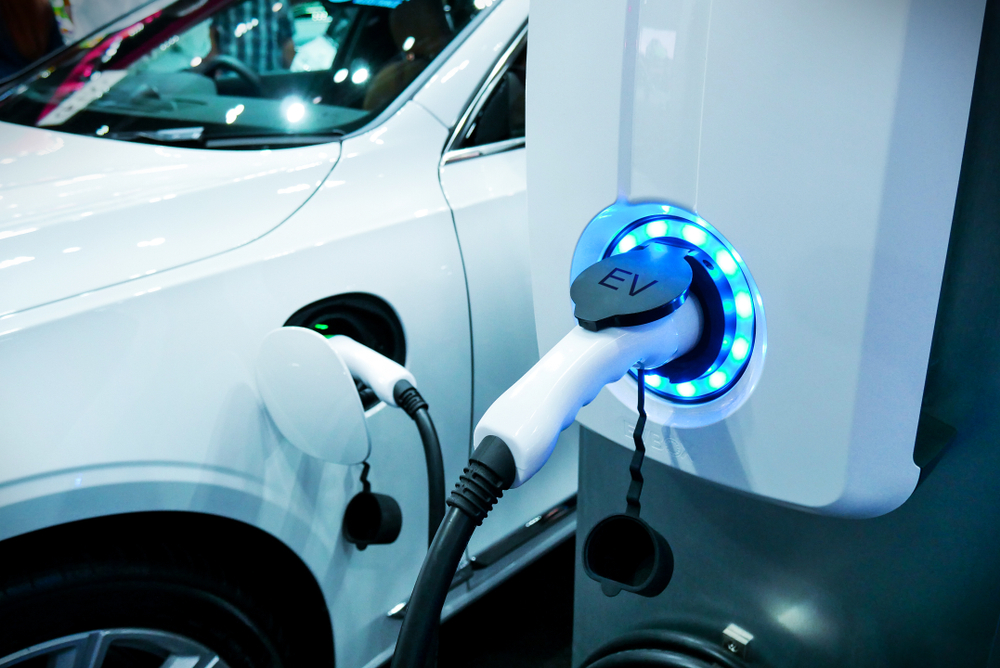Distributed Energy Resources, GHG Emissions, Industrial - May 20, 2024
Honda Sets Electrification Strategy
Honda Motor Co., Ltd. announced that the automobile manufacturer plans to make EVs and fuel cell electric vehicles (FCEV) represent 40% of its global auto sales and to produce more than 2 million units of EVs as of 2030.
Honda will steadily pursue the establishment of a comprehensive EV value chain with a central focus on batteries and continue to advance EV production technologies and facilities, said Director, President and Representative Executive Officer (Global CEO) Toshihiro Mibe in a statement.
Honda will strive to build value chains in stages with a central focus on batteries, which are core components of EVs and determine the competitiveness of EVs.
In the U.S. in 2025, Honda's joint venture EV battery plant with LG Energy Solution will begin production with a capacity of 40 GWh of batteries per year.
Honda will further expand its scope of battery business and strive to build a vertically integrated and comprehensive EV value chain with a central focus on batteries that includes all aspects of EV production, from procurement of raw materials mainly for batteries to production of finished EVs, as well as battery reuse and recycling.
In Canada, Honda will begin in-house production of the EV battery being co-developed with GS Yuasa. For key battery materials in Canada, Honda will internalize production by producing cathode materials with POSCO Future M and separators with Asahi Kasei at its respective new joint venture plants planned for construction.
Honda will offer its further advanced hybrid models, while the structure of its ICE business — which includes hybrid-electric models — will be further strengthened.
The company will invest approximately 10 trillion yen in resources over the 10-year period through FY2031, when the period of full-fledged popularization of EVs is expected to start.
Stay Up-To-Date












